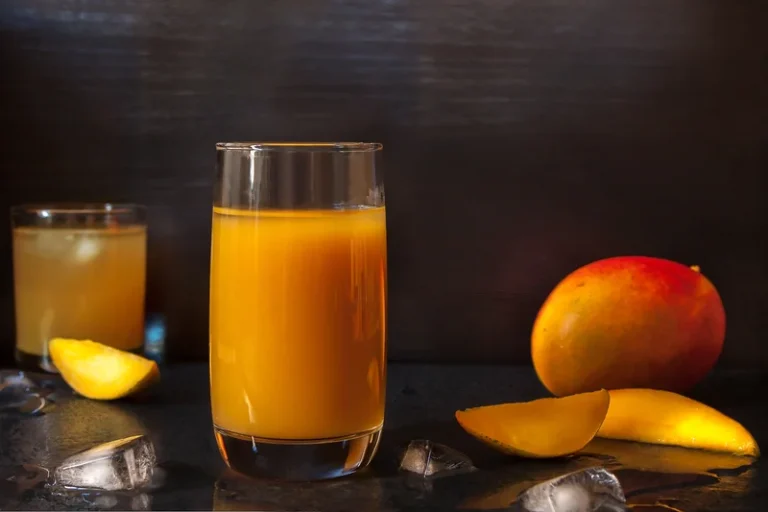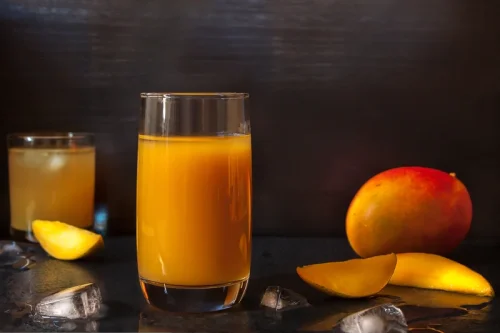
As you drink more alcohol and your blood alcohol level rises, the rate and length of memory loss will increase. Many systems have developed some degree of co-consciousness, or the ability for two or more alters to remain present in the body or aware of the outside world at once. Alters that are co-conscious, or co-con, with each other might have varying degrees of control over the body and may or may not be aware of each others’ thoughts and feelings to varying degrees. Some may need to work for years to achieve a working state of co-consciousness between a few highly communicative alters while others may find that they can so easily become co-conscious that they have a hard time not going into denial that they ever lose time at all.
How Alcohol Causes Memory Loss

The memory loss during a blackout impacts the ability to store long-term memories. In the case of partial or fragmentary blackouts, individuals can remember some information regarding the events during the blackout episode when prompted with information. When a complete blackout occurs, there is no long-term memory stored.
Risk factors
Thus,alcohol-induced blackouts are not only common among those who consume alcohol,but also recur over time. That’s because the brain’s ability to create long-term memories isn’t affected as much by blackout amnesia blood alcohol content as it is by rapid rises in that level. Binge drinking — consuming numerous drinks in a short period— is more likely to cause alcohol blackouts, amnesia and memory loss than slow, heavy drinking, according to numerous studies. Alcohol can negatively impact brain function and memory in the short term and long term.
Strategies for managing blackouts
Here are some things that can lead to it — and what you can do about them. Twin studies show that if one twin is prone to blackouts, the other is much more likely to also be prone if they are identical, rather than fraternal. Identical twins share 100 percent of their DNA, while fraternal twins only share 50 percent. Although many people recover from blackouts, one episode can be fatal.

Understanding Why Blackouts Happen
THC, the psychoactive compound found in marijuana, may also increase blackouts when combined with alcohol. It’s important to remember that a blackout isn’t the same as passing out. Someone who passes out has either fallen asleep or become unconscious because they consumed too much alcohol. If you experience a partial blackout, visual or verbal cues may help you remember forgotten events. Memory loss can result in forgetting how to do important tasks, like eating, using money, or dressing yourself.


During a blackout, people can carry on conversations and complete complex tasks. I once interviewed a surgeon who had successfully removed a patient’s appendix while in a blackout. I once asked a group of alcoholics in rehab how many had experienced a blackout in the first years of their drinking. Then I asked those with their hands in the air how many of them had an alcoholic parent. All but two kept their hand up, and one who had lowered his hand said he was adopted and did not know about his parents.
Analyses were conducted using PROCESS Model 7 for moderated mediation, as depicted in Figure 1 (Hayes, 2013). Although the limitation of only two assessment time points does not allow for true tests of mediation (accounting for temporal precedence of mediator and outcome variables), these analyses were conducted to quantify indirect intervention effects, in hopes of informing future research. The PROCESS program utilizes standard errors and bootstrap confidence intervals (CIs) to estimate indirect effects. The macro computes the indirect path from a to b using the ab product term approach, with bootstrapped 95% asymmetric CIs (Hayes, 2013; MacKinnon, Lockwood, Hoffman, West, & Sheets, 2002).
- Consequently,the reliability or accuracy of memories that are recalled following a period ofalcohol-induced amnesia are likely to be suspect.
- However, people have gone to jail for crimes they can’t remember committing due to blacking out.
- The next day, you probably woke up dehydrated with a headache and a hangover.
- Rapid intake of high levels of alcohol disrupts the transfer of information from short-term memory to long-term memory.
- So rather than saying “Lisa is on the phone. Remember her?” say, “Lisa, your cousin, is on the phone.” Write down anything important your loved one needs to remember.
Despite their inability to form new memories, short-term memory function still works. This makes it possible to socialize or engage in complex activities like driving a car but not remember it later. Because blackouts tend to occur at high BACs, they commonly stem from binge drinking, defined as a pattern of drinking that increases a person’s BAC to 0.08 percent or higher.
More on Brain & Nervous System Disorders
Fifteenstudies examined prevalence and/or predictors of alcohol-induced blackouts. Sixpublications described consequences of alcohol-induced blackouts, and fivestudies explored potential cognitive and neurobiological mechanisms underlyingalcohol-induced blackouts. Early studies on blackouts demonstrated that although alcohol is necessary for initiating a blackout, a large quantity of alcohol alone is not sufficient to cause a blackout. In fact, people sometimes have a blackout even when not drinking at their highest level. Factors such as how alcohol is ingested, gender, and genetic susceptibility all play a role in determining a person’s propensity for blackouts. Alcohol-induced amnesia, more commonly referred to as “blacking out” occurs when an individual indulges in too much alcohol.

The Impact of Alcohol and Memory Loss
According to the National Institute on Alcohol Abuse and Alcoholism, approximately 60% of college students consumed alcohol in the past month and two out of three of them have engaged in binge drinking in this timeframe. Additionally, each year approximately 1,800-college students die from alcohol-related unintentional deaths, 700,000 students are assaulted by another student who has been drinking and 97,000 students experience alcohol-related sexual assault. Binge drinking culture in colleges and universities creates an increased risk for blackouts and their many negative consequences. The media glorifies college drinking and encourages this behavior through the “party culture” of keg stands, beer bongs, and hazing in sports teams and fraternity and sorority houses. These drinking behaviors among college students have led to thousands of deaths and assaults each year. Rapid intake of high levels of alcohol disrupts the transfer of information from short-term memory to long-term memory.






